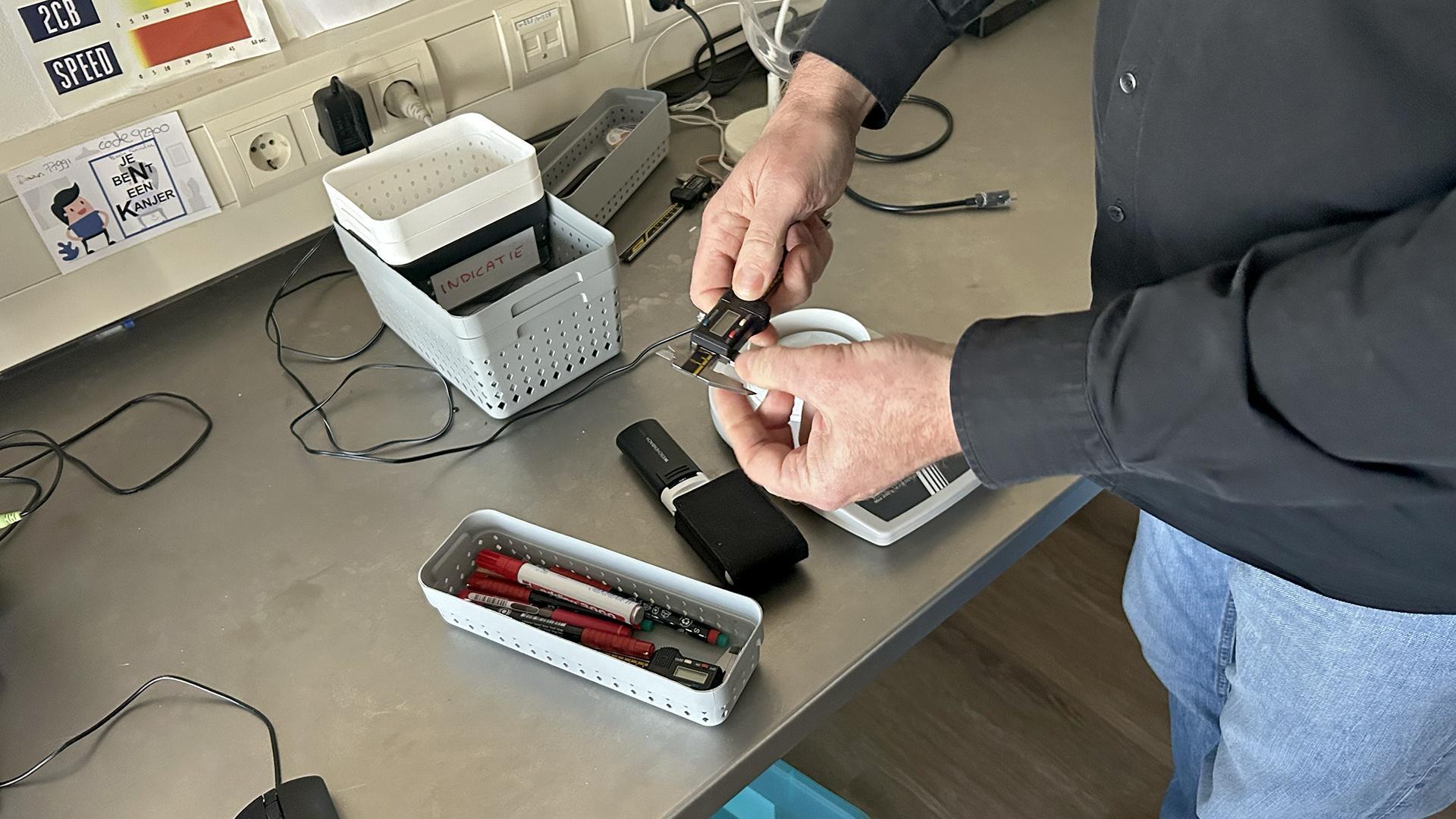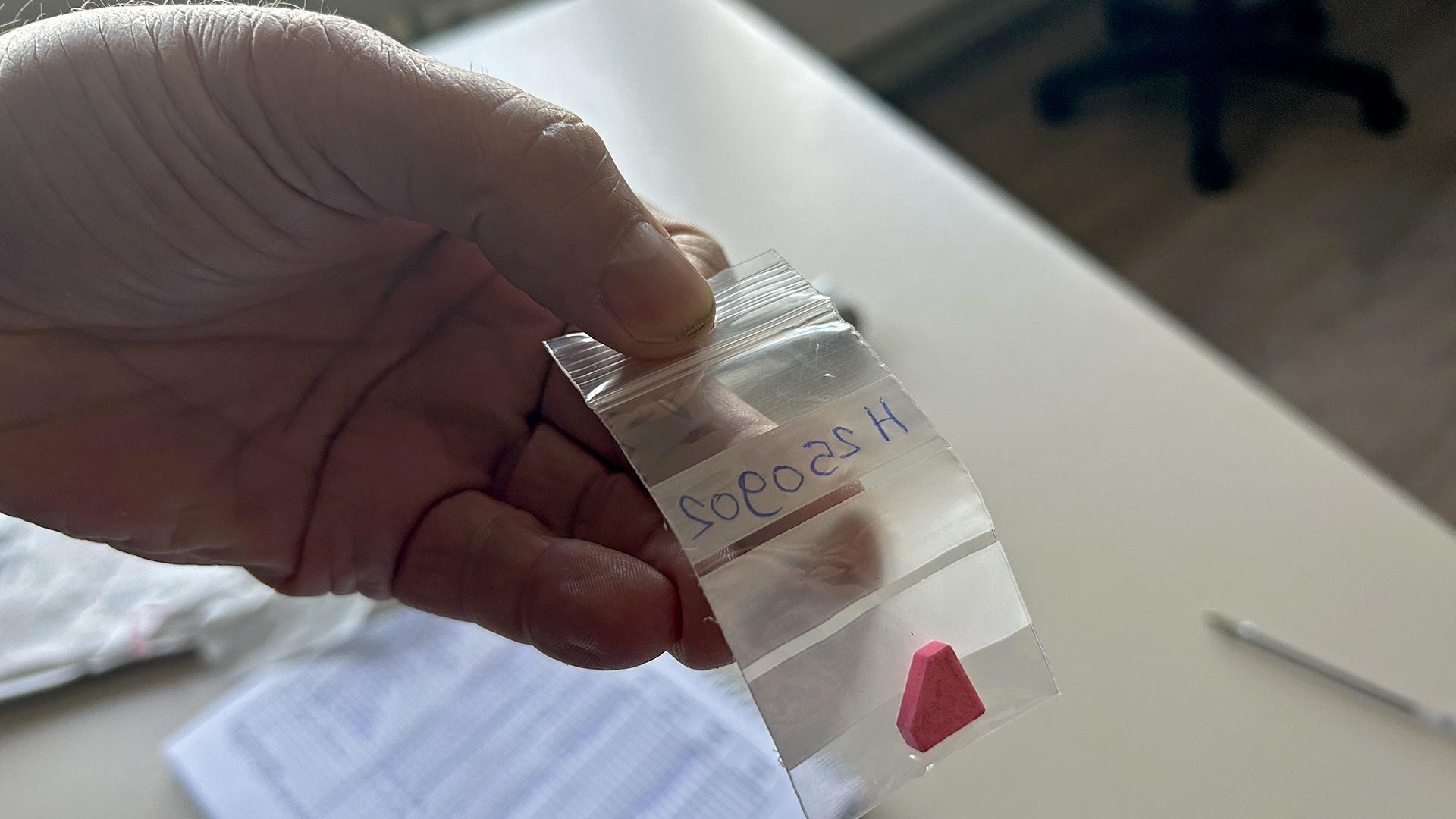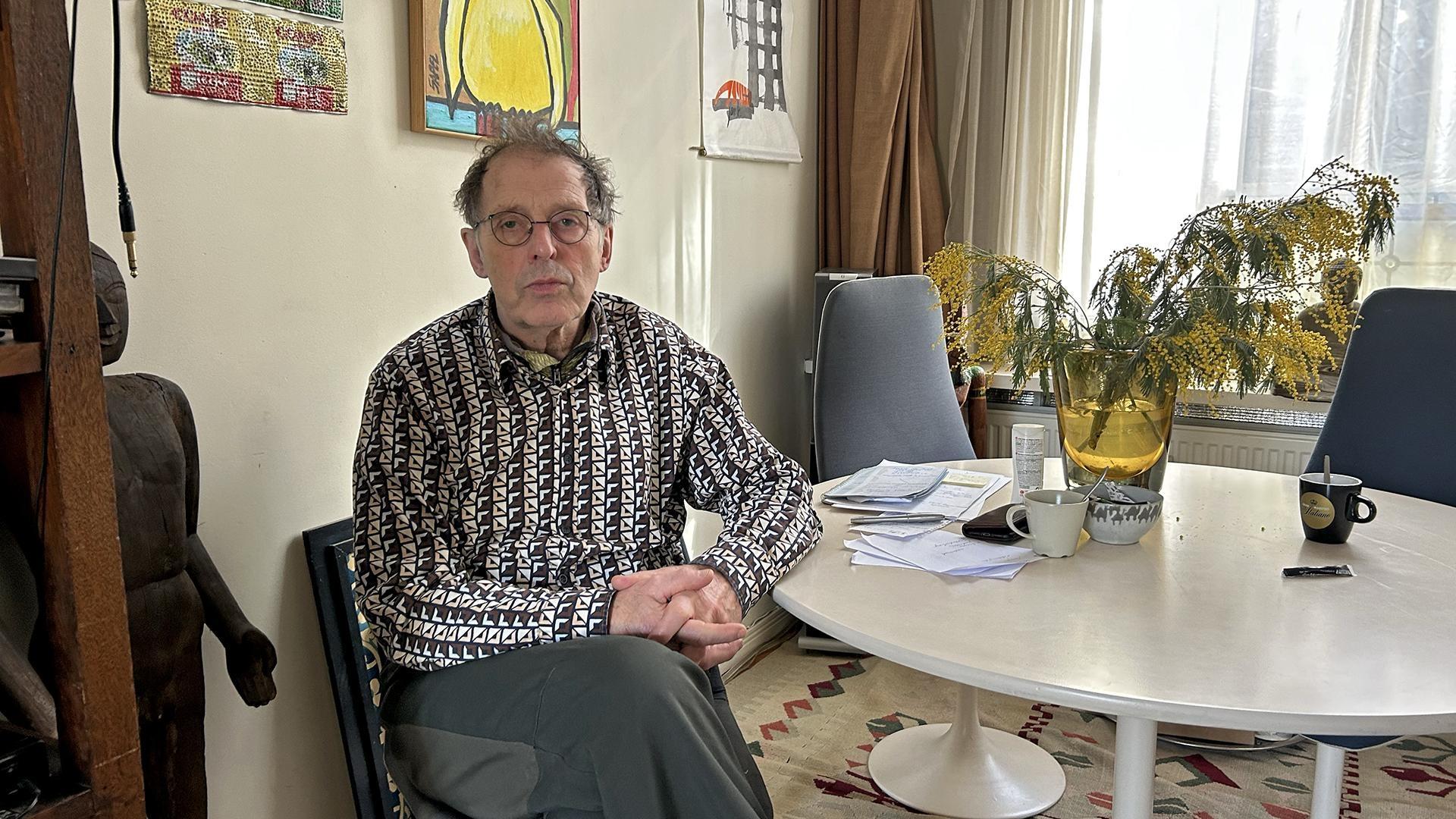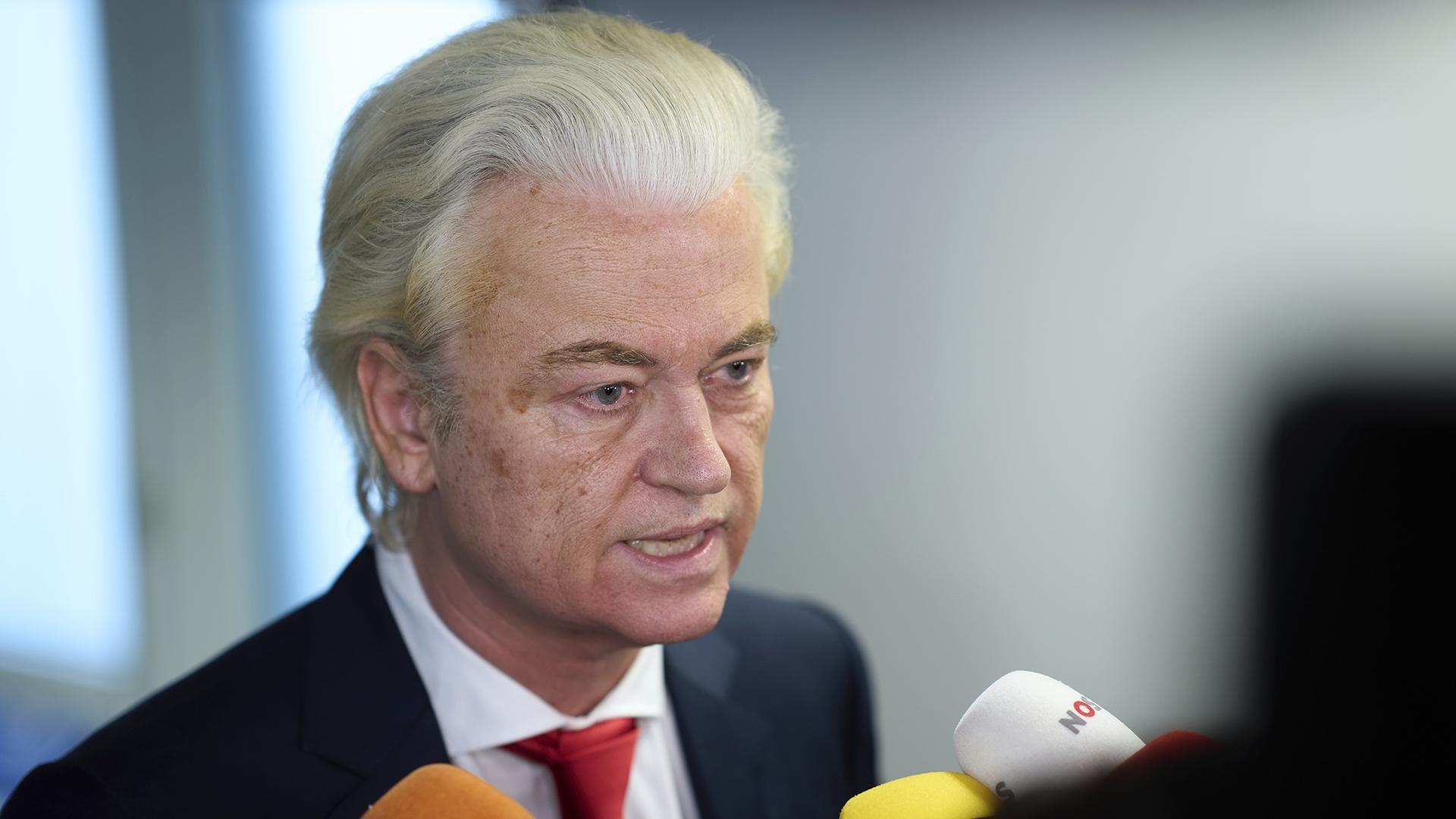As much as the Netherlands has progressed when it comes to drug policies, the consensus of the public health approach is currently under strain.
“Traditionally we’ve had a history of harm reduction-focused policy, but in the last couple of years a focus on repression has been getting the [upper hand],” said Joost Sneller, a Dutch parliamentarian with the liberal D66 party.
The shift coincided with the rise of far-right leader Geert Wilders, often called the “Dutch Donald Trump.”
Wilders has pushed nationalist, anti-immigration policies and deep cuts to social services. Under his leadership, funding for drug checking services like Trimbos has been slashed, with a 20% budget cut looming by 2026.
Still, even with backlash, the Dutch maintain a robust harm reduction infrastructure. The U.S. does not.
In July — the same month Michelle died in Birmingham — President Trump signed an executive order to cut funding for “so-called harm reduction” and “housing first” programs. It also encouraged states and cities to criminalize homelessness, enforce bans on public drug use and prioritize policing over services.
In Alabama, the closest analog to drug checking services is fentanyl test strips, which only became legal in 2022. Other harm reduction practices, such as syringe exchange and safe consumption rooms, remain prohibited.
Sims said she’s seen progress in some harm reduction services, but basic practices remain underground.
They may never “fully be in the light,” she said.
Had she been in the Netherlands, Sims said, Michelle would have had access to long-term housing, despite her chronic drug use. She would have had access to harm reduction resources, like drug checking services and safe consumption rooms, where she could have used drugs she knew weren’t toxic under medical supervision.
Instead, the drug treatment system in Alabama failed her, Sims said, and Michelle died an agonizing death alone in a wheelchair in a downtown Birmingham parking lot.
For her, that’s what’s most difficult.
“What happens next time?” Sims said. “What happens for the next Michelle?”
This story was produced by the Gulf States Newsroom, a collaboration between Mississippi Public Broadcasting, WBHM in Alabama, WWNO and WRKF in Louisiana and NPR. Support for public health coverage comes from The Commonwealth Fund.







